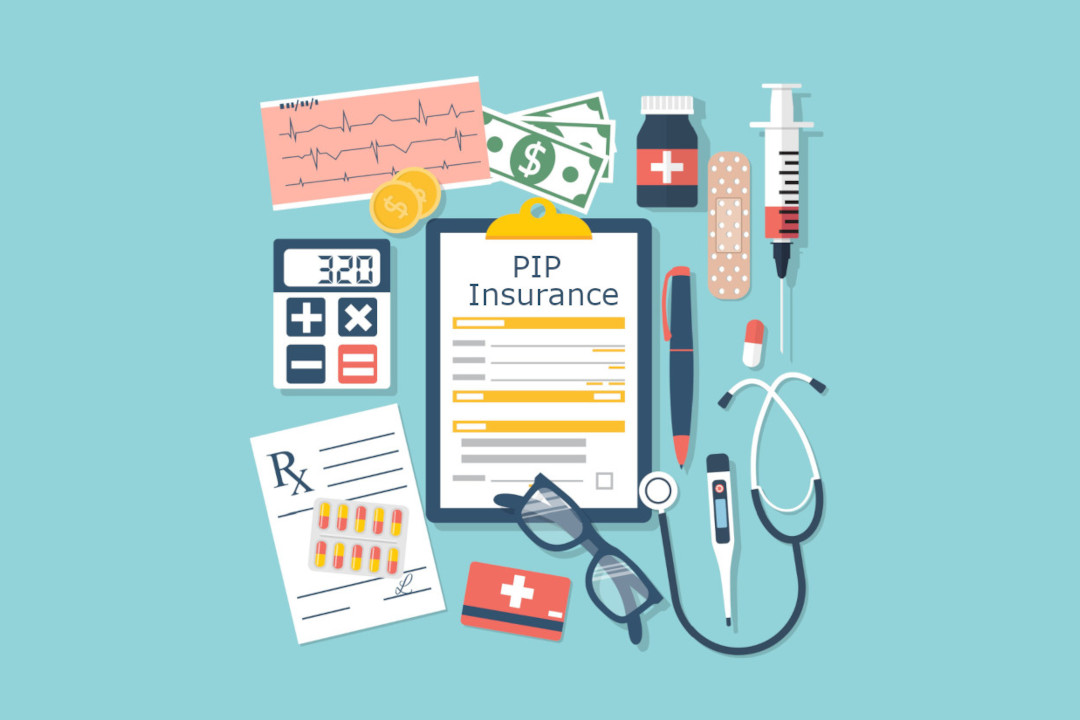
Governor Murphy Signs Two Bills into Law Overturning Haines v. Taft. Plaintiff’s May Board Unpaid Medical Expenses at the Time of Trial.
On August 15, 2019, New Jersey Governor Phil Murphy signed two bills into law, which overruled the New Jersey Supreme Court decision of Haines v. Taft. The issue before the Haines Court was whether a plaintiff could seek to board medical expenses at trial as part of their damages for amounts that were less than the standard personal injury protection “PIP” limit of $250,000. The Court decided the issue in the negative but Legislative Action has now overturned the decision.
The question at issue arose due to differing interpretations of N.J.S.A. 39:6A-12, which contains a provision that in effect prohibits injured parties from recovering from the tortfeasor medical costs that were “collectible” under PIP coverage. As N.J.S.A. 39:6A-4 provides the “standard” New Jersey PIP limit of $250,000, the simple question arose whether an injured party who had less than $250,000 in PIP coverage could sue for medical bills exceeding the lesser coverage (i.e., could a plaintiff with $75,000 PIP limits sue for $25,000 where the total medical bills were $100,000).
While the Haines Court decided that the above plaintiff could not recover that $25,000, as the amount was lower than the “standard” $250,000, the law is now clear that a plaintiff can claim for those damages. Specifically, the new law provides:
…all unreimbursed medical expenses not covered by the personal injury protection limits applicable to the injured party and sustained by the injured party, including the value of any deductibles and copayments incurred through a driver’s secondary insurance coverage and medical liens asserted by a health insurance company related to the treatment of injuries sustained in the accident…
Therefore, if an injured claimant incurs medical bills above his PIP coverage, he may now recover those amounts in a suit. Moreover, while N.J.S.A. 39:6A-12 prohibits the recovery of PIP deductibles, the amendments to the statute allow an injured plaintiff to recover a deductible paid to a secondary insurer such as a health insurance deductible. The statute also brings into scope any lien a health plan may assert. However, generally, only self-insured ERISA plans may assert a valid lien in New Jersey.
The statute also includes a provision limiting the recovery of medical expenses beyond a plaintiff’s PIP coverage to the applicable PIP fee schedule found in N.J.S.A. 39:6A-4.6. Finally, in any case, where the recovery is for medical expenses only, a prevailing party is entitled to reasonable and necessary attorney’s fees incurred by the prevailing party in the collection of the medical expenses.
Conclusion
If you have suffered injuries and wish to discuss your legal options, Farrell & Thurman, P.C., offers a variety of convenient ways to schedule a free, no-pressure consultation. You may do so directly on our website (Schedule a Consult), via phone (609-924-1115), or by email (Contact Us).
